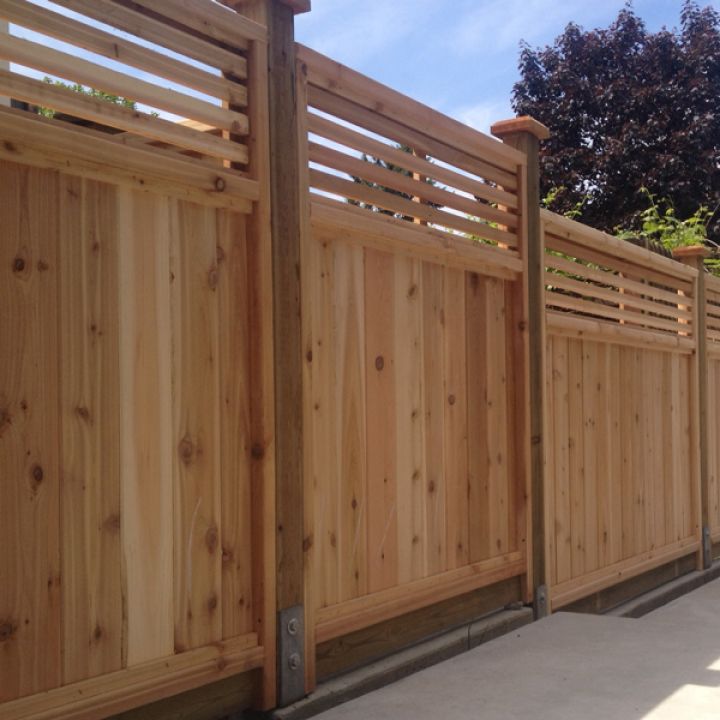The Advantages of Cedar

Cedar wood is widely known for its wonderful aroma and insect-repelling quality. The oil inside the wood emits an earthy, woodsy and slightly sweet scent that has made it a favorite choice for hot tubs, saunas and even within the sensory palette of your favorite colognes.
However, there are a lot of other advantages to using cedar wood that aren't as well-known, and you'll definitely want to get accustomed to them. Stacked up, the benefits of using cedar wood in the home far outweigh any costs.
Where it Grows
Cedar grows prolifically in damp climates, putting it under conditions that enhance the wood with weather-resistance.
Cedar wood doesn't shrink, swell or warp to the extent of comparable lumber, even under severe changes in humidity or temperature. Its large proportions of cell cavities, which are filled with air, give it high-thermal insulation.
Cedar Wood’s Top Qualities
- Being able to withstand so many conditions, this type of wood is often favored for its decay resistance. It naturally resists rot over time, upwards of 40 years. This quality alone makes it a favored choice for exterior siding, despite its softness.
- Cedar is also sound resistant – an often overlooked quality that makes it a great choice for fencing or exterior sound barriers. Other popular uses for cedar include decks, shingles, exterior and interior trim, blinds, shutters and exterior landscaping.
- Cedar wood can be left without finish or paint, but the durability of cedar is enhanced by regular applications of sealer to retain its color and stability. Since cedar wood is also pitch and resin-free, it's easy to finish if you choose to do so, holding a wide range of colors.


